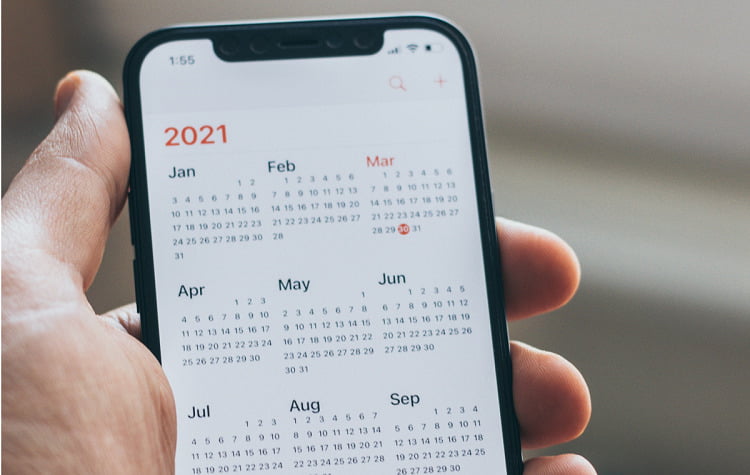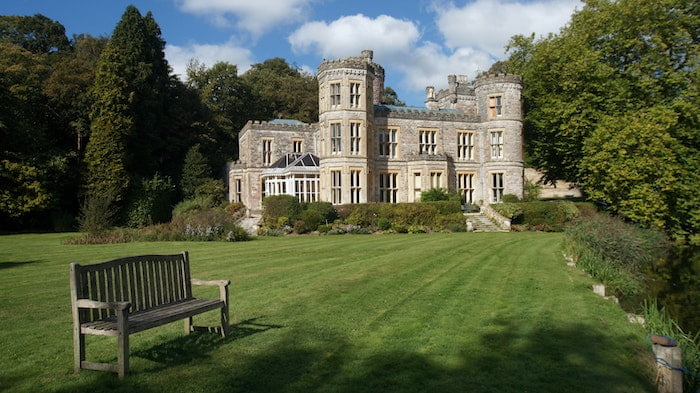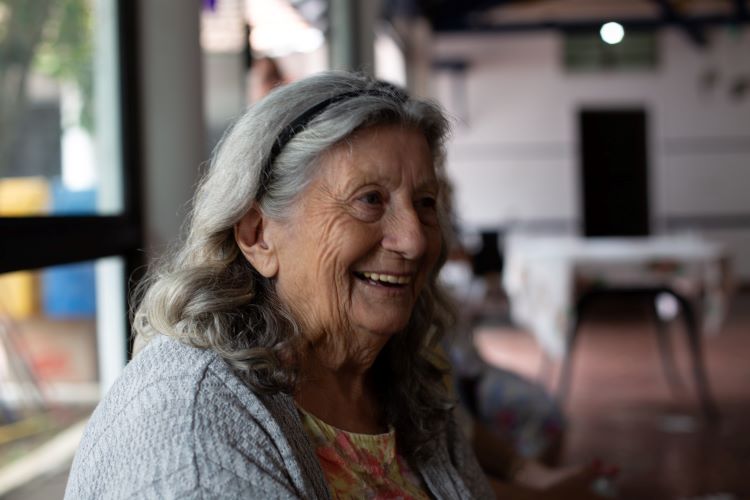Drug & Alcohol Rehab in Chesham
When it comes to addiction, far too many people suffer in silence.
They might be scared of the unknown, they might feel ashamed or fear judgment from others, or they might not even know where to turn.
Either way, there’s plenty of help and support available to you.
Here, we have a bit more information on accessing drug and alcohol rehab in Chesham, as well as a guide to how long treatment typically lasts, types of treatment and how to handle the addiction of someone you care about.
How can I access drug and alcohol rehab in Chesham?/What is the process of starting drug and alcohol rehab in Chesham?

To access drug and alcohol rehab in Chesham, all you need to do is get in touch with OK Rehab.
Either drop us an email or call us and we’ll be able to set you on the right path.
It goes without saying that a lot of people getting in touch with us will have different needs.
If you only want advice and some emotional support, we can simply give you that.
On the other hand, if you’re looking for solid treatment, we can help you with a plan for that too.
As every case of addiction is so unique, individualisation is incredibly important.
As a result, if you would like us to help you with treatment, we’ll work to pin down the specifics of your situation.
We’ll then move forward into a more formal assessment, where questions asked may include:
- What are you addicted to?
- How long have you had an issue with drink and/or drugs?
- Does anyone else know about your addiction?
- What is your previous experience with treatment?
After we’ve (hopefully) figured out a treatment plan, we’ll then go into the three stages of treatment itself, as detailed below.
OK Rehab is run by people who are recovery and can offer you free advice and rehab referrals without judgement or obligation.
To discuss rehab in Chesham give us a call on our 24/7, confidential hotline on 0800 326 5559.
How long does drug and alcohol rehab in Chesham typically last?

This one is tricky to answer, as it can change depending on several factors. Mostly, the biggest influencers are how severe your addiction is, how well your treatment goes and your overall personality type.
It could last any time from a month to a year, depending on all of those variables.
Overall, we understand that you might want to know how long all of this will take, for practical reasons.
But we don’t recommend focusing too much on it. If you go into this process constantly wondering how long it will all take, it could distract you from your recovery.
What kinds of treatment can I access through drug and alcohol rehab in Chesham?

The treatments within can vary, but generally, rehab takes place in three stages: detoxification, rehabilitation and aftercare.
During the detox process, your intake of drugs and/or alcohol will slowly be reduced, usually for about 3 weeks, give or take.
It will also be replaced with prescription medication, which should further reduce your cravings and withdrawal symptoms.
As withdrawal symptoms can often become highly unpleasant or even dangerous in certain circumstances, we generally don’t recommend detoxing alone.
Depending on what you’re addicted to and what stage of addiction you’re at, completely stopping suddenly could even result in symptoms like seizures or hallucinations.
Withdrawal symptoms typically occur at the point where dependency has developed, meaning your body has become reliant on whatever you’re addicted to.
An early sign of this is an increased tolerance, which often results in increased use and your addiction worsening.
OK Rehab is run by people who are recovery and can offer you free advice and rehab referrals without judgement or obligation.
To discuss rehab in Chesham give us a call on our 24/7, confidential hotline on 0800 326 5559.

Rehabilitation can either be completed in a residential space, or at home with regular visits to a centre. As an important side note, those two options are known as inpatient and outpatient treatment.
Whichever one you go for, you’ll likely encounter a combination of physical and mental health treatments at this point.
Various kinds of therapy and counselling will be used to help you heal, including:
- Cognitive behavioural therapy
- Dialectal behaviour therapy
- Motivational interviewing
- Art and music therapy
In both inpatient and outpatient treatment, support groups can also be highly significant.
Much like group therapy, they’ll allow you to form permanent bonds with people in similar situations to you.
You’ll also be able to share your story, along with any hidden feelings that brings, and hear the stories of others.
All within a confidential space, where you know you won’t ever be judged.
Finally, more minor physical treatments like yoga, acupuncture and massages can also provide more than health benefits.
They can also lift your mood during an emotionally trying time.
You’ll also be able to access many of the same treatments during aftercare, but often on a more localised level.
This is also a point where your relapse prevention plan will be implemented, typically including:
- Any lifestyle changes you might need to make
- Any triggers or cravings
- A plan for if you do relapse
- People you would need to contact if that did happen
How can I handle the addiction of someone I care about?

Addiction is difficult to handle for everyone involved. If you can see a loved one struggling, we can help you too.
More specifically, we can help with advice and support, or an intervention if that’s something you feel your situation needs.
Outside of that, the best thing you can do is talk to the person you’re worried about. You might be met with anger and denial.
You might not get through to them at all at first. But at least the issue will be out in the open.
If you’re concerned about someone at work, or even an employee, in some ways that’s an even trickier situation.
You’ve got more levels of formality to work through and you might not know the person as well.
But, depending on the scenario, talking to the person about it could still be highly beneficial.
Even if it’s not appropriate, there are still ways you can help. Look into your company polices.
Try to examine the way you work as an organisation, to see if it would help or hurt someone suffering from addiction.
If you feel you can, ask the person if they need anything. Most importantly, you should let them know that the company is there for them, no matter what.
It’s so easy to reach out and get help – as we said previously, all you need to do is get in touch with us at OK Rehab.
We’re made up of people who’ve been through all of this or have experience of it, or who want to help you too.
OK Rehab is run by people who are recovery and can offer you free advice and rehab referrals without judgement or obligation.
To discuss rehab in Chesham give us a call on our 24/7, confidential hotline on 0800 326 5559.





